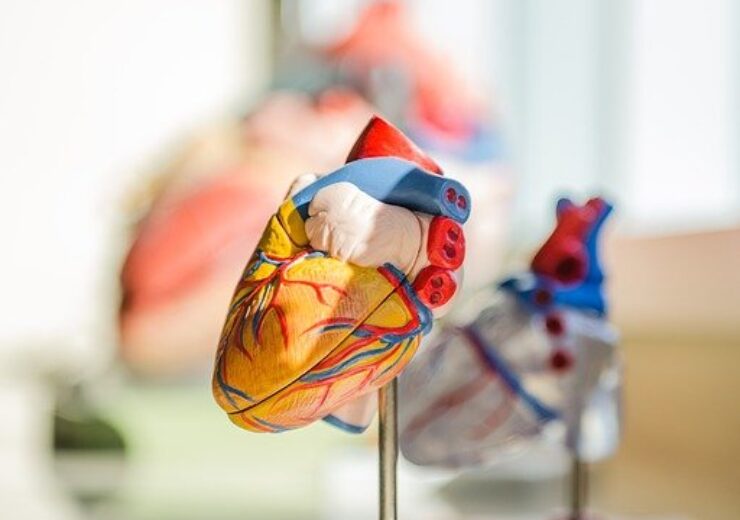The Freezor and Freezor Xtra catheters are flexible, single-use devices that freeze the cardiac tissue and block redundant electrical signals within the heart to treat AVNRT

Medtronic gets expanded FDA approval for Freezor. (Credit: StockSnap from Pixabay)
Medtronic has received the US Food and Drug Administration (FDA) expanded approval for its cardiac cryoablation focal catheters Freezor and Freezor Xtra to treat paediatric Atrioventricular Nodal Reentrant Tachycardia (AVNRT).
The Freezor and Freezor Xtra catheters are flexible, single-use devices that freeze the cardiac tissue and block redundant electrical signals within the heart to treat AVNRT.
According to the medical technology company, its Freezor catheters are the first and only ablation catheters approved by the FDA in the current indication.
The Freezor cardiac cryoablation catheter was initially marketed in the US to treat AVNRT in adults in 2003, followed by the Freezor Xtra cardiac cryoablation catheter in 2016.
Medtronic cardiac ablation solutions business president Rebecca Seidel said: “We’re proud of our work with PACES and FDA in this first-of-its-kind, multi-stakeholder initiative to address a critical patient population.
“The shared commitment to collaborate and grow this therapy’s unique position to treat AVNRT patients demonstrates our confidence in the proven safety and efficacy of our cryoablation technology.”
The expanded FDA approval was based on results from ICY-AVNRT and multiple paediatric randomized, multi-centre studies on Freezor family catheters.
The Freezor and Freezor Xtra cardiac cryoablation catheters showed the safety and effectiveness in the treatment of AVNRT in clinical studies.
In the ICY-AVNRT study, the catheters showed an acute procedural success of 95% with no reports of permanent pacemaker due to complete AV block.
A large body of evidence, which includes data from a total of 16 studies, also demonstrated high efficacy rates and low adverse events.
AVNRT is the most prevalent type of supraventricular tachycardia (SVT) and a life-threatening heart disorder, characterised by abnormal heart rhythm.
An abnormal circuit within the heart’s conduction system leads to AVNRT with a very rapid heart rhythm, which may affect the individual’s heart functioning, if left untreated.
Around 35% of AVNRT cases occur in paediatrics, or children aged below 18, and the disease may lead to palpitations, light-headedness, and syncope, said the company.
